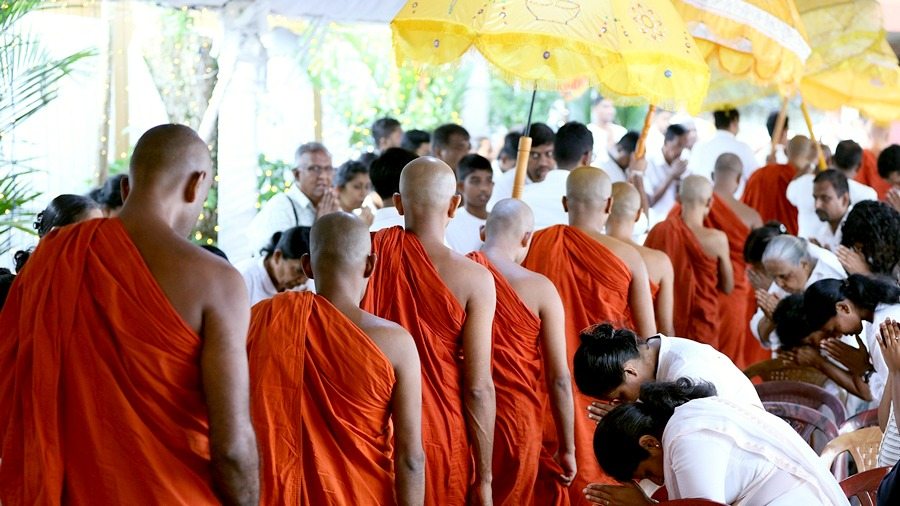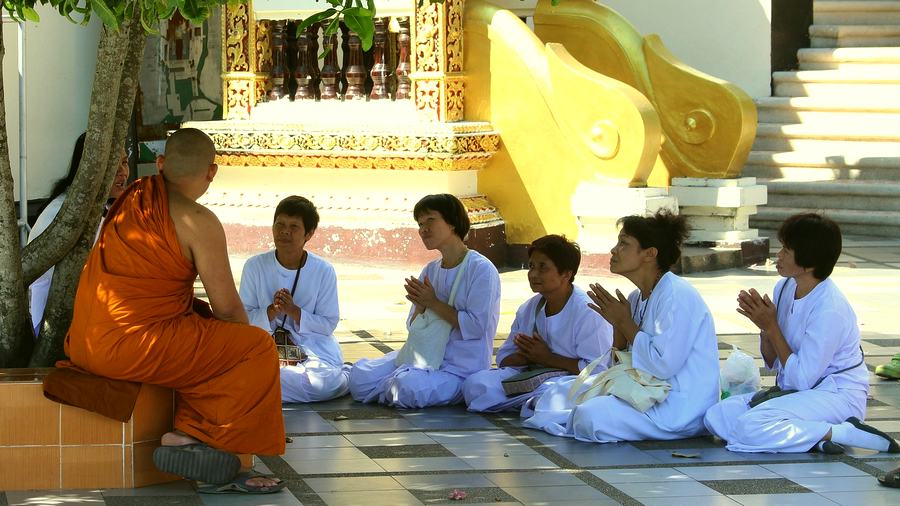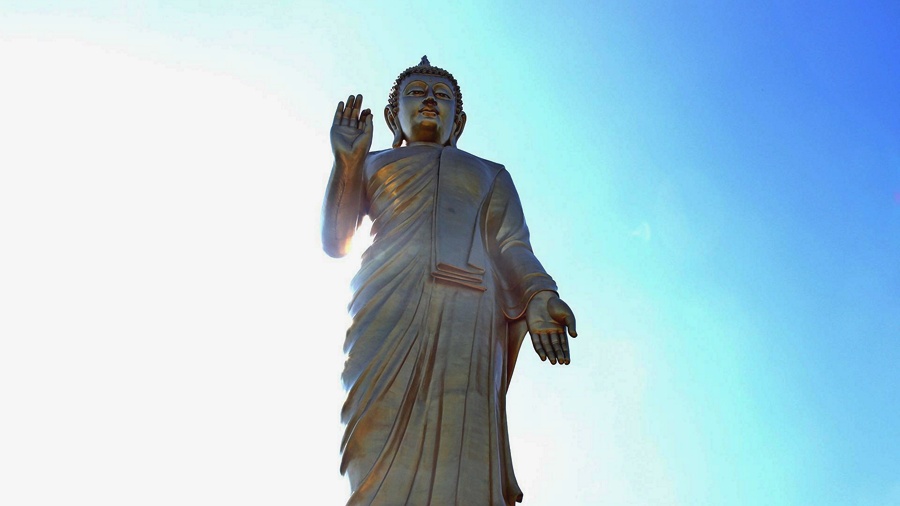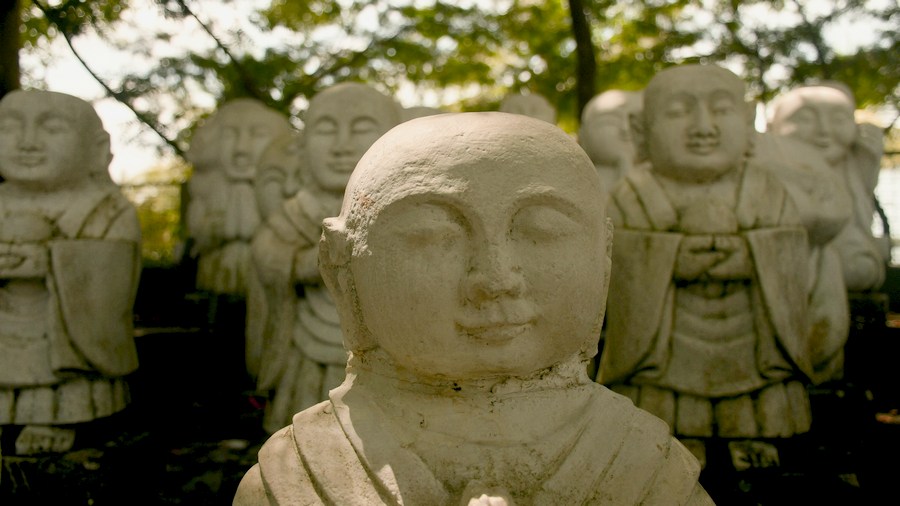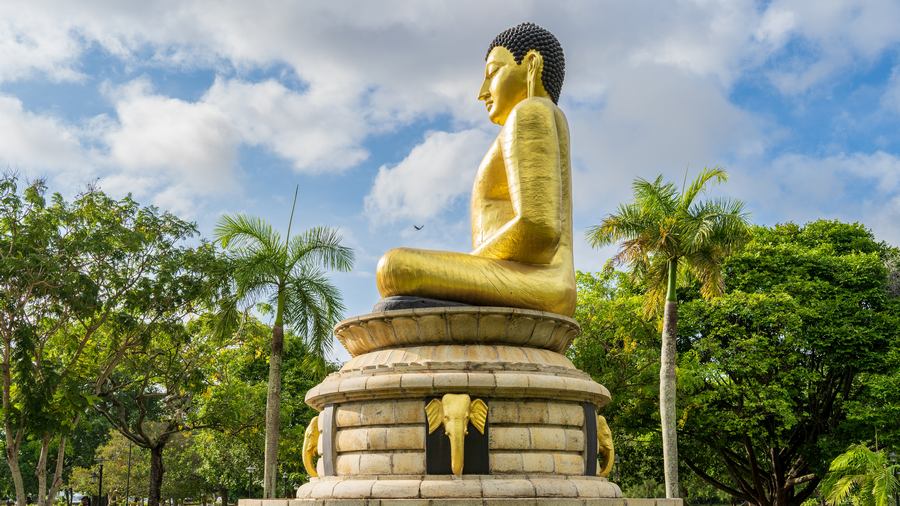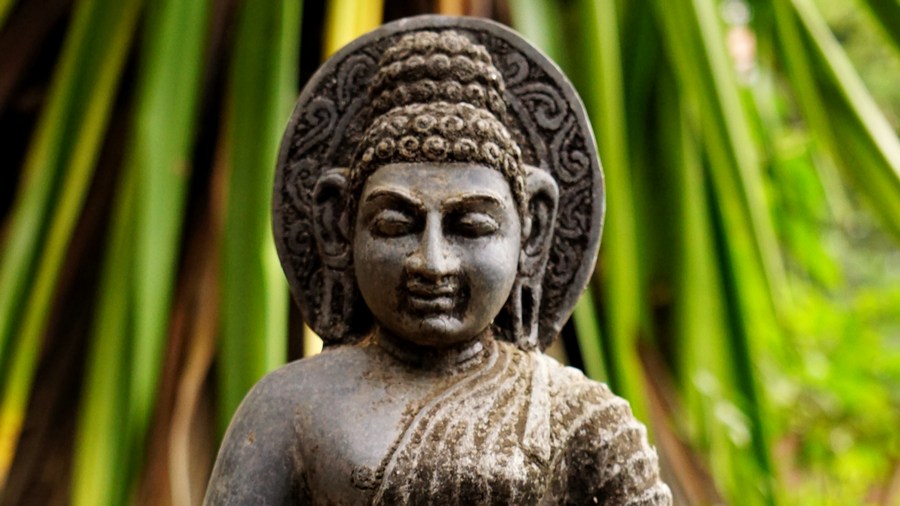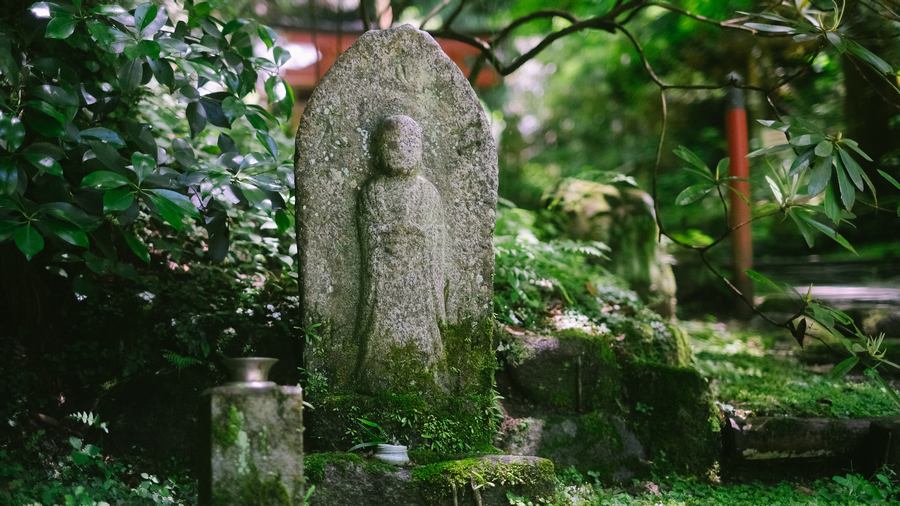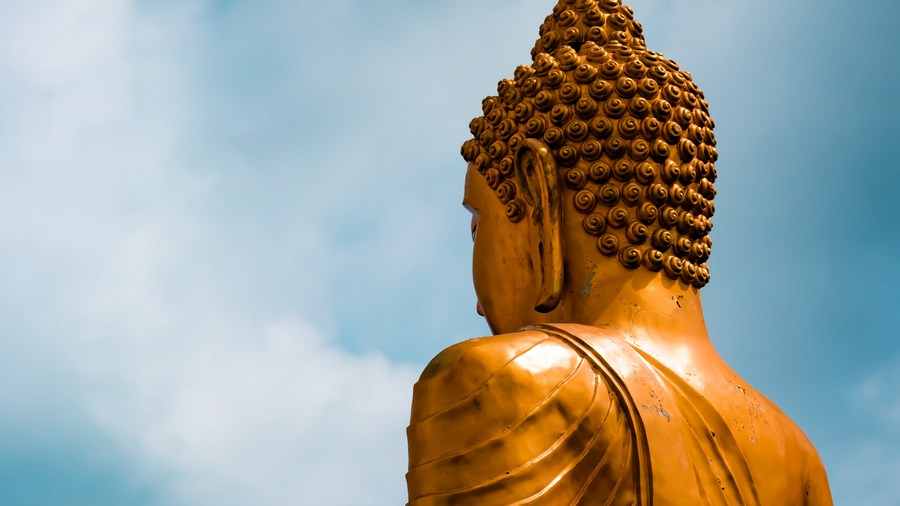This discourse was taught by the Blessed One, taught by the Arahant, the fully enlightened Supreme Buddha. This is as I heard,
“Monks, the world has been fully understood by the Tathāgata; the Tathāgata is detached from the world. Monks, the origin of the world has been fully understood by the Tathāgata; the origin of the world has been removed completely by the Tathāgata. Monks, the cessation of the world has been fully understood by the Tathāgata; the cessation of the world has been realized by the Tathāgata. Monks, the way leading to the cessation of the world has been fully understood by the Tathāgata; the way leading to the cessation of the world has been developed by the Tathāgata.
Monks, in this world with its devās, Māras, and Brahmas, with its recluses and Brāhmin, in this whole generation with its devās and humans, whatever is seen, heard, smelled, tasted, touched, cognized, attained, sought, and reflected upon by the mind, is fully understood by the Tathāgata. Therefore, he is called the Tathāgata.
Monks, during the time period from the night when the Tathāgata awakens to unsurpassed full enlightenment until the night when he passes away into the Nibbāna-element with no residue left, whatever he speaks, utters, and explains is just so and not otherwise. Therefore, he is called the Tathāgata.
Monks, whatever way the Tathāgata speaks, that is exactly the way the Tathāgata acts. Whatever way the Tathāgata acts, that is exactly the way the Tathāgata speaks. In this way, the Tathāgata acts as he speaks and speaks as he acts. Therefore, he is called the Tathāgata.
Monks, in this world with its devās, Māras, and Brahmas, with its recluses and Brāhmin, in this whole generation with its devās and humans, the Tathāgata is the conqueror of all, unvanquished, the one who realized everything, the one who took everything under his control. Therefore, he is called the Tathāgata.”
This is the meaning of what the Blessed One said. So, with regard to this, it was said:
Having realized the whole world,
and its true nature,
the Tathāgata is detached from the world
and has abandoned desire for it.
The Blessed One is the all-conquering Wise Sage,
freed from every bond.
The Buddha has reached that perfect peace,
Nibbāna, which is free from fear.
The Buddha is freed from all taints,
and freed from all suffering.
With doubts destroyed,
he has destroyed all Kamma
and is liberated by the destruction
of unwholesomeness.
The Enlightened one,
the Blessed One,
the unsurpassed lion-king,
bringing happiness
to the world of gods and humans,
turns the Noble Wheel of Dhamma.
Wise gods and humans
have gone for refuge
to the Buddha and,
on meeting him,
they pay homage to the greatest one,
the all-seeing hero.
The Blessed One is perfectly tamed:
of those who tame, he is the best.
The Blessed One is perfectly calm:
of those who calm others, he is the seer.
The Blessed One is free from suffering:
of those who free others, he is the foremost.
The Blessed One crossed over saṁsāra:
of those who help others to cross, he is the chief.
Thus, gods and humans
pay homage to the greatest one,
to the all-seeing hero saying,
“In the world together with its gods,
there is no one equalling you.
You are the unique, supreme teacher.”
This, too, is the meaning of what was said by the Blessed One. This is exactly as I heard.
Read this translation of Itv 112 Loka Sutta: The World by Ven. Kiribathgoda Gnananda Thero on SuttaFriends.org. Or read a different translation on SuttaCentral.net, or DhammaTalks.org. Or listen on SC-Voice.net. Or explore the Pali on DigitalPaliReader.online.
Or read a translation in Deutsch, Català, Čeština, Español, Français, Italiano, 日本語, မြန်မာဘာသာ, Nederlands, Norsk, Português, Русский, සිංහල, or Srpski. Learn how to find your language.







